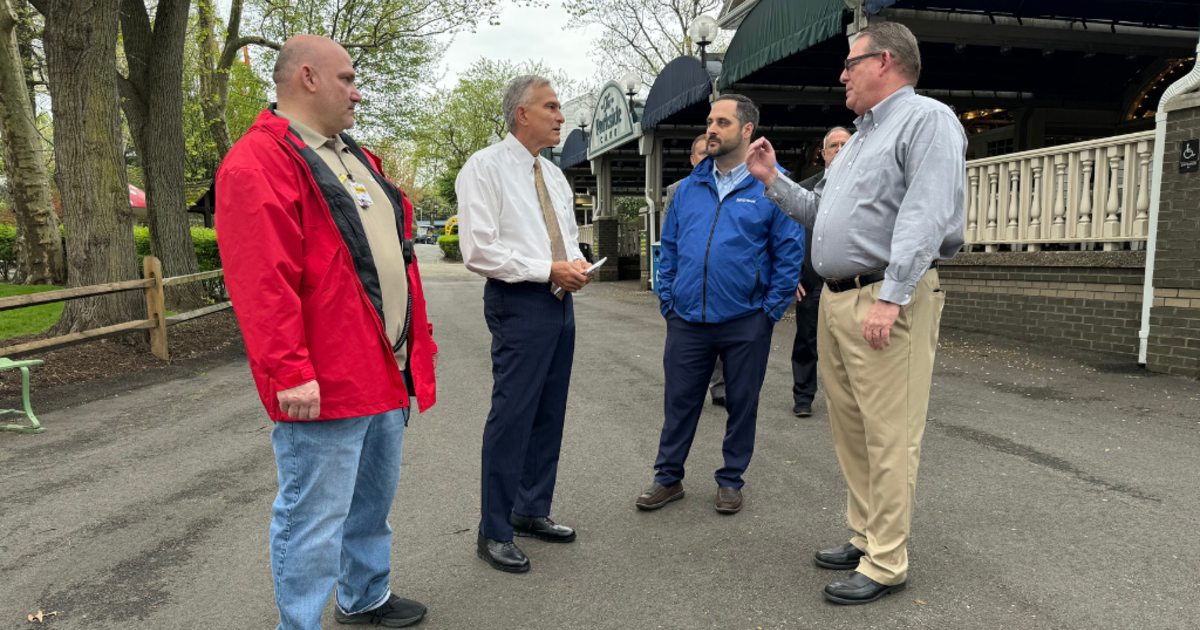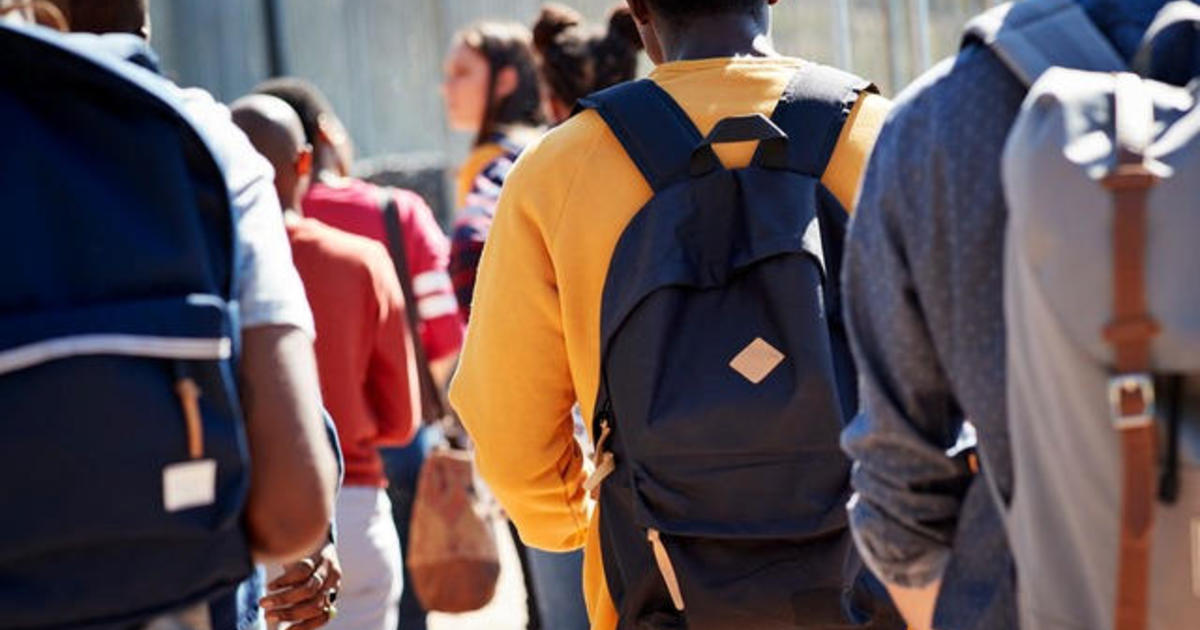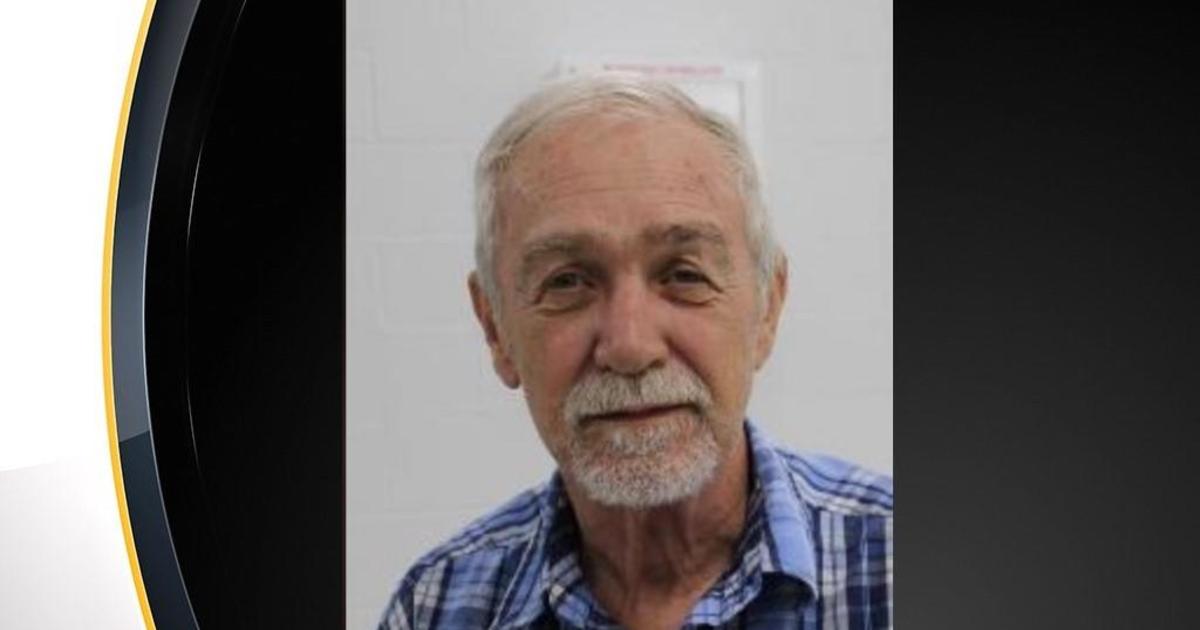Lawyers Spar Over Voter ID Law In Court
HARRISBURG, Pa. (AP) - The judge in Pennsylvania's voter-identification law trial cleared the courtroom Tuesday so lawyers could spar in private over how many voters may have been unable to obtain an acceptable photo IDs before last year's election.
Lawyers planned to make closing arguments before Commonwealth Court Judge Bernard McGinley on Wednesday, the 11th day of the trial on the constitutionality of the yet-to-be-enforced law.
The closed hearing involved 144 voters who were on a Pennsylvania Department of State spreadsheet of about 600 who applied for an ID at PennDOT licensing centers but did not obtain a free, voting-only license designed by the Department of State. Those IDs, under rules streamlined in late September, are supposed to be readily available to registered voters.
Jonathan Marks, a high-ranking state election official, testified that the 144 voters should not have been on the list because they all qualified for - and obtained - other types of acceptable photo IDs, although he said did not know the circumstances of those cases.
Marks stressed that the spreadsheet was designed as an internal tool to track the flow of the special IDs and that the most common reason they are delayed is a lack of verification that the applicant is a registered voter.
The state has issued more than 3,800 of the special IDs so far, Marks said.
In an 11th-hour move at the end of Tuesday's session, the plaintiffs' lawyers sought to call a statistical analyst as a witness to rebut Marks' testimony, but the state objected and McGinley ordered the private hearing. The judge told the lawyers he would keep the courtroom closed to reporters and other spectators Wednesday morning while the state's legal team cross-examines the analyst.
D. Alicia Hickok, a Philadelphia lawyer on the state's team, said the plaintiffs are intentionally distorting figures in Marks' spreadsheet to bolster their case.
"They have taken an ordinary business record and they have sought to super-impose ... meaning that was never a part of the business record itself," she said.
A member of the plaintiff's team said its analysis is based on numbers provided by the state.
"Even accepting everything the commonwealth has argued, you're still talking about hundreds of people" who were unable to get the special IDs, and dozens of registered voters who did not get their IDs before Election Day, asserted Witold Walczak of the American Civil Liberties Union of Pennsylvania.
Though the law was passed and signed in March 2012, court orders have blocked enforcement in both the presidential election and the May primary.
RELATED LINKS
More Politics
More Local News
(Copyright 2013 The Associated Press. All rights reserved. This material may not be published, broadcast, rewritten or redistributed.)



